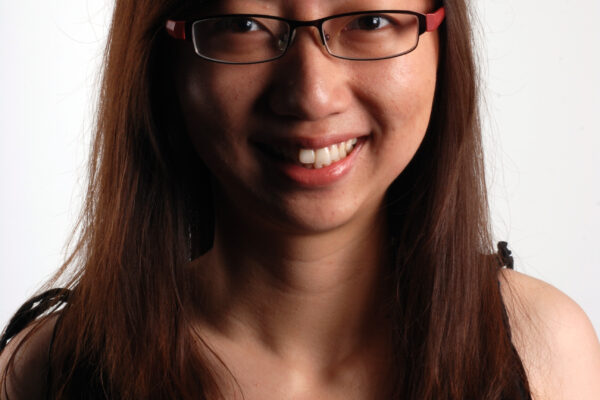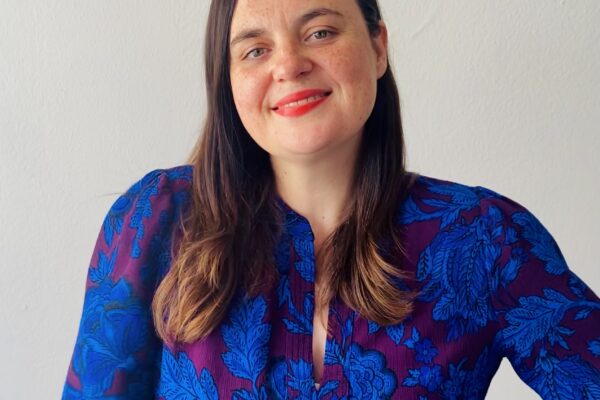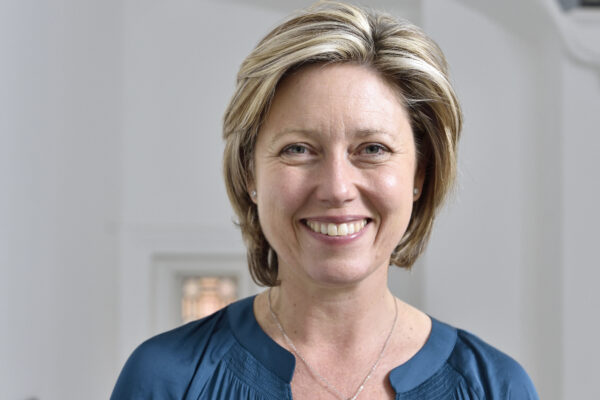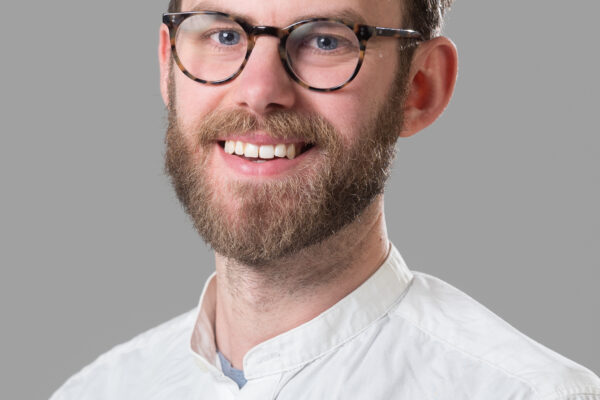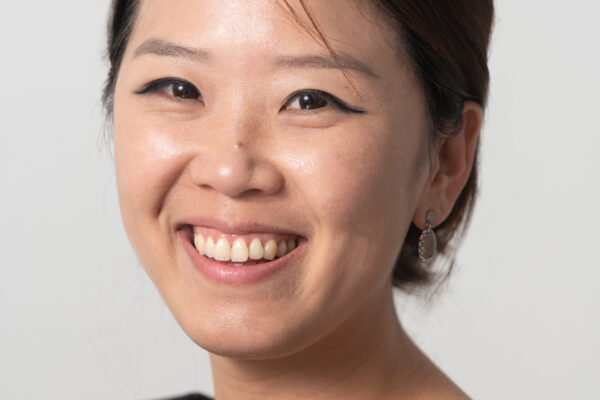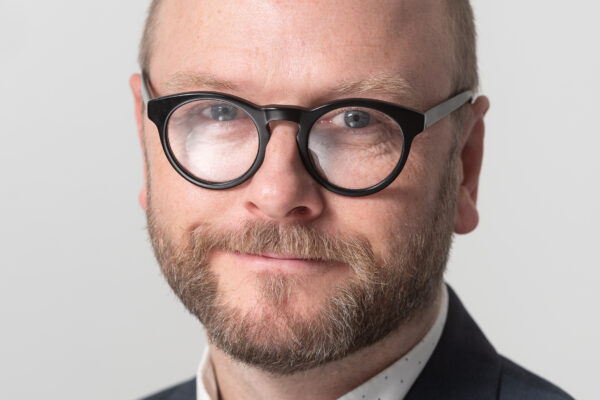
Success stories
Ethomix
Clinically-proven wearable tech to accurately track patient progress
Patients with a range of illnesses could soon be monitored in the hospital and at home for changes in their condition and warned of complications using wearable technology developed by a start-up.
Dr Sigourney Waibel, a recent PhD graduate from Imperial College London’s Brain and Behaviour Lab, co-created Ethomix with Prof Aldo A. Faisal and his team after participating in the MedTech SuperConnector (MTSC).
The underpinning research and technology behind the company has attracted £3 million in grant funding; featured in two academic papers in the journal Nature Medicine; and been validated in real-world hospital trials. The company is also preparing to collaborate with a US biotech company to monitor the effectiveness of an innovative gene therapy for Friedreich’s ataxia.
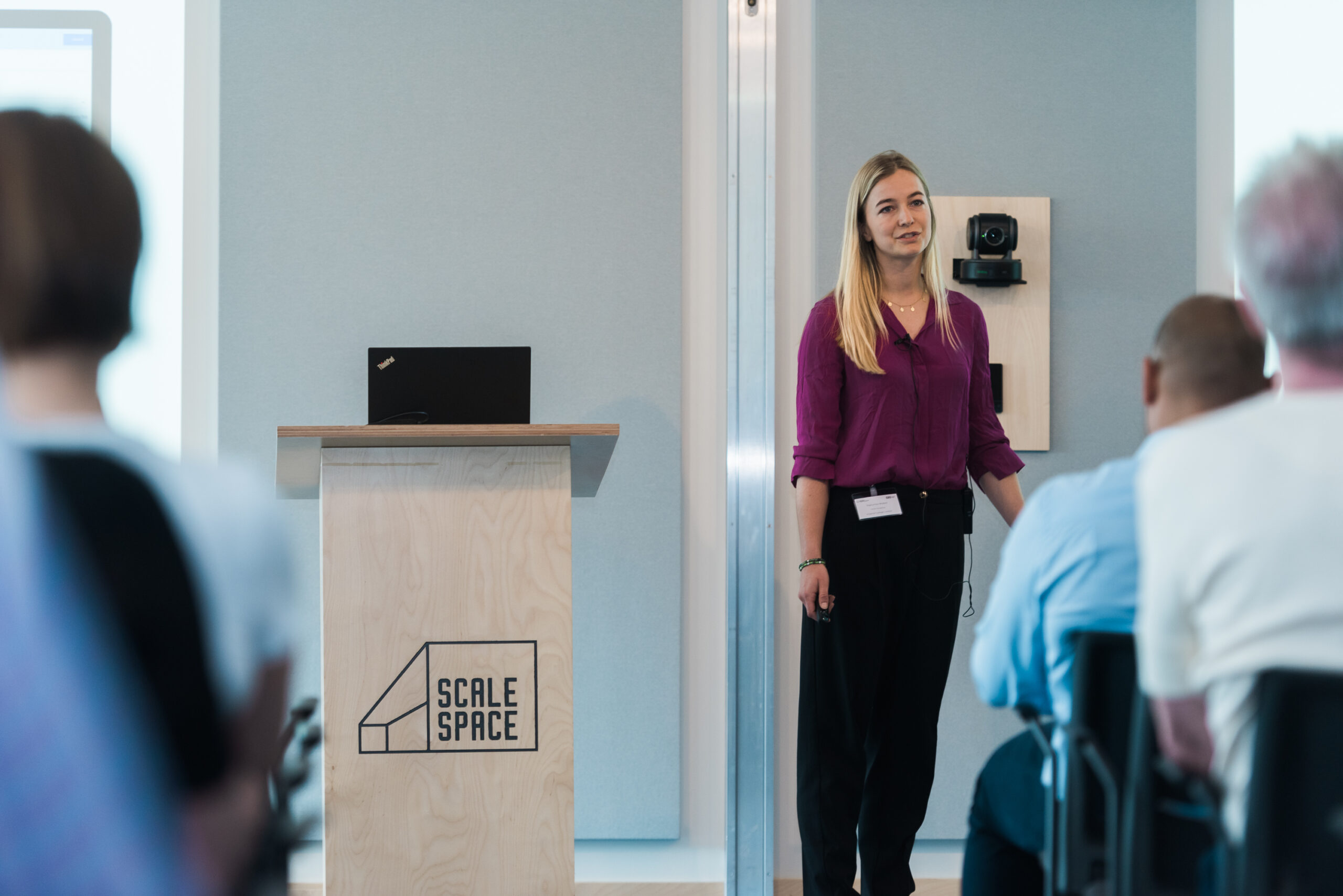
A better way to monitor and manage
Sigourney has long harboured interests in both clinical medicine and technology, particularly sensors and machine learning – looking for ways to combine the two to enhance patient outcomes. She’s also gained valuable experience working in NHS hospital wards.
“I saw first-hand the huge demands placed on healthcare professionals in caring for patients, which has been exacerbated in recent years due to an increasing ageing population, rising chronic illnesses and severe clinical staffing shortages,” Sigourney says.
This is backed-up by stats showing that around one in three of all preventable deaths in hospitals are caused by failures in patient monitoring. Changes in patient movement, such as lethargy, are often the earliest signs of complications, such as sepsis and stroke. However, current bedside human checks are inaccurate, intermittent and suffer from assessor bias and variability across shifts.
In this context, the potential benefit of technology such as remote wearable movement sensors has long been recognised and an increasing number of companies are now entering the fray. But many lack real-world clinical validation and high-quality evidence of sensitivity for tracking disease change.
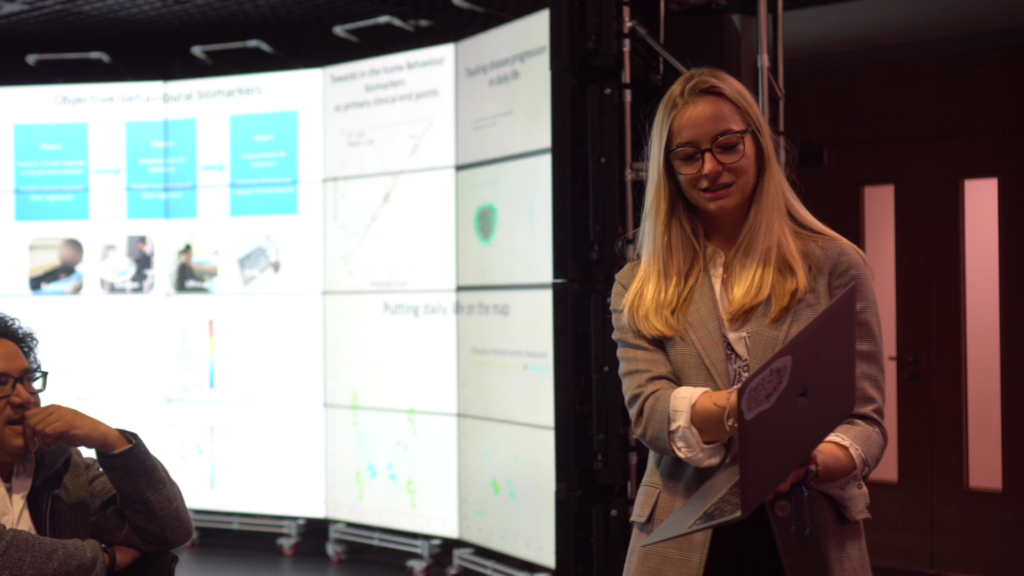
Building an evidence base
In 2018 Sigourney embarked on a translational, cross-disciplinary PhD combining wearables and machine learning to improve healthcare delivery – co-supervised by world-leading scientist and UKRI Turing AI Fellow Professor Aldo A. Faisal and Consultant Neurologist Dr Paul Bentley.
In the final year of her PhD, Sigourney successfully applied to the MTSC to further develop her ideas and prepare to launch a fully-fledged venture. Having already had a stint working as an NHS Technology Transfer Analyst at IP Group, Sigourney had some prior experience in MedTech commercialisation, but still found the MTSC programme invaluable.
“Things like creating my first financial projections or really going into the depth about the regulatory hurdles our device would have to go through – all these things were new to me when I first joined the MTSC, so it was perfect for that period in time.”
“I also had a community and peer group supporting me through the journey. I feel Imperial and MTSC has a model set-up which other organisations are using as a gold standard for supporting university ventures.”
Ethomix has now demonstrated the benefit of its technology on acute inpatient wards at Charing Cross Hospital Stroke Unit and in paediatric populations at Great Ormond Street Hospital in London.
Turbocharging clinical trials
As well as being potentially invaluable in the acute hospital and care home settings, for monitoring and managing patients, Ethomix can also play a key role in the development of much-needed new therapies for incurable and difficult-to-treat conditions.
Around 50% of promising drug candidates fail to reach market due to the inability to demonstrate significant drug efficacy. Current motor disability markers, such as the 6-meter walk test are human dependent and imprecise. This means they exhibit high bias and errors in detecting disease change, requiring large patient cohorts to demonstrate significance.
In two recent Nature Medicine publications focusing on childhood genetic disorders, researchers from the Ethomix team showed that their disease markers are 23x more precise in detecting disease change compared to conventional motor markers. This resulted in an 89% reduction in clinical trial sample size and 2x faster trial duration.
These finding have caught the attention of clinicians and industry. Ethomix will be working with a US biotech company to monitor the effectiveness of an innovative new gene therapy for patients with Friedreich’s ataxia – a neurodegenerative movement disorder.
Next steps and wider potential
The potential of Ethomix goes even further, as Sigourney explains.
“We also have studies that we’re starting in Parkinson’s disease, dementia and multiple sclerosis. Our technology can really be applied to any disorder that has a kinematic movement expression. That even includes mental health – depression can be quantified in terms of kinematics. Patients with low mood often are less active and engage less in everyday activities. Our markers could even be applied to objectively quantify relationships and human performance.”
“You can have brilliant technologies achieving outstanding results on paper in terms of predicting various events for patients, but if the clinicians are not willing to adopt it or it doesn’t fit into their workflows, it’s not going to be a viable technology,”
Dr Sigourney Waibel, Co-creator of Ethomix

